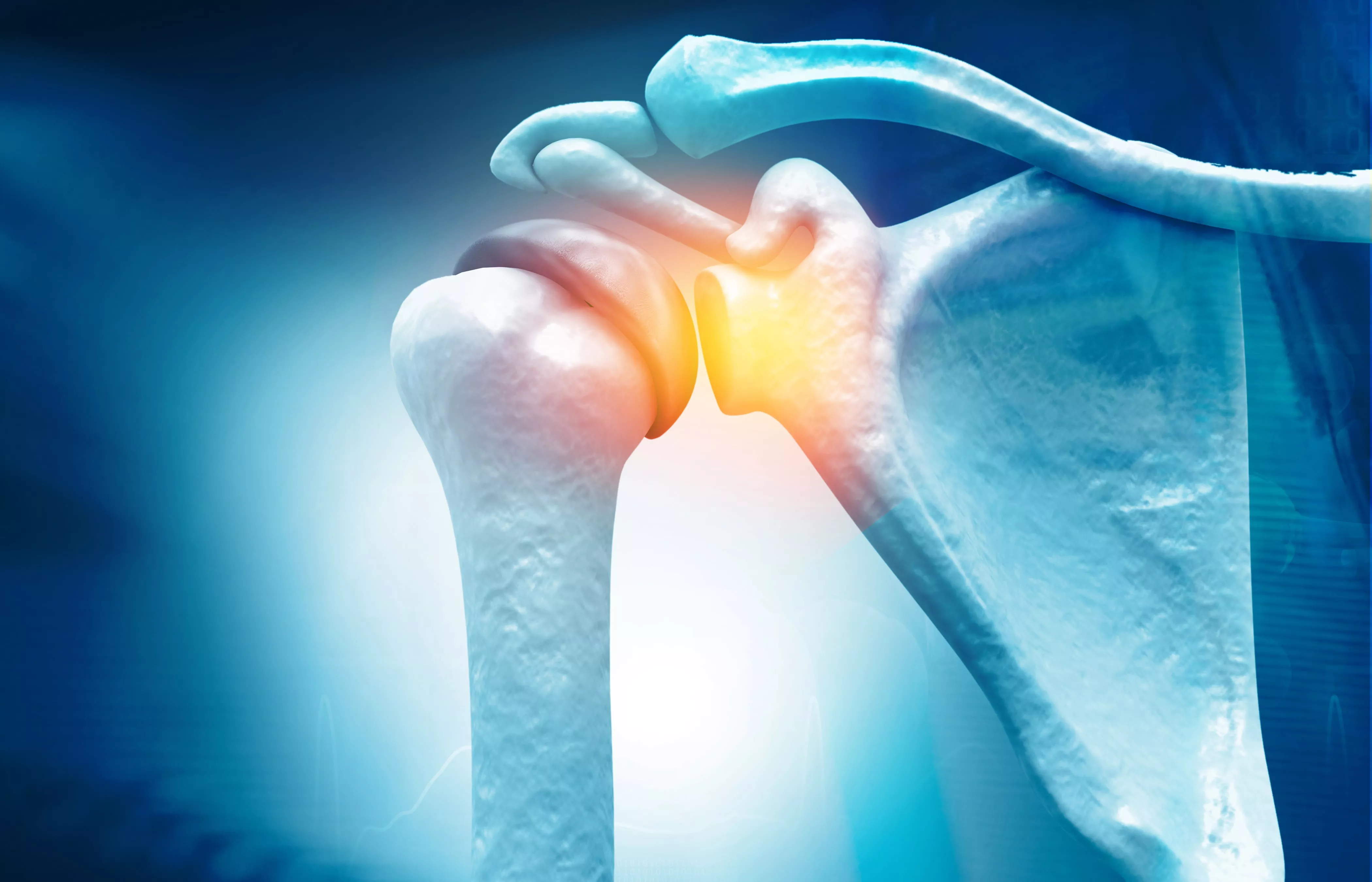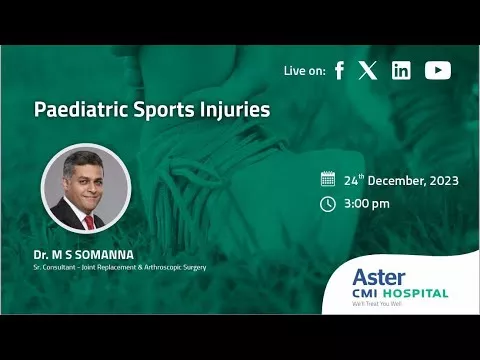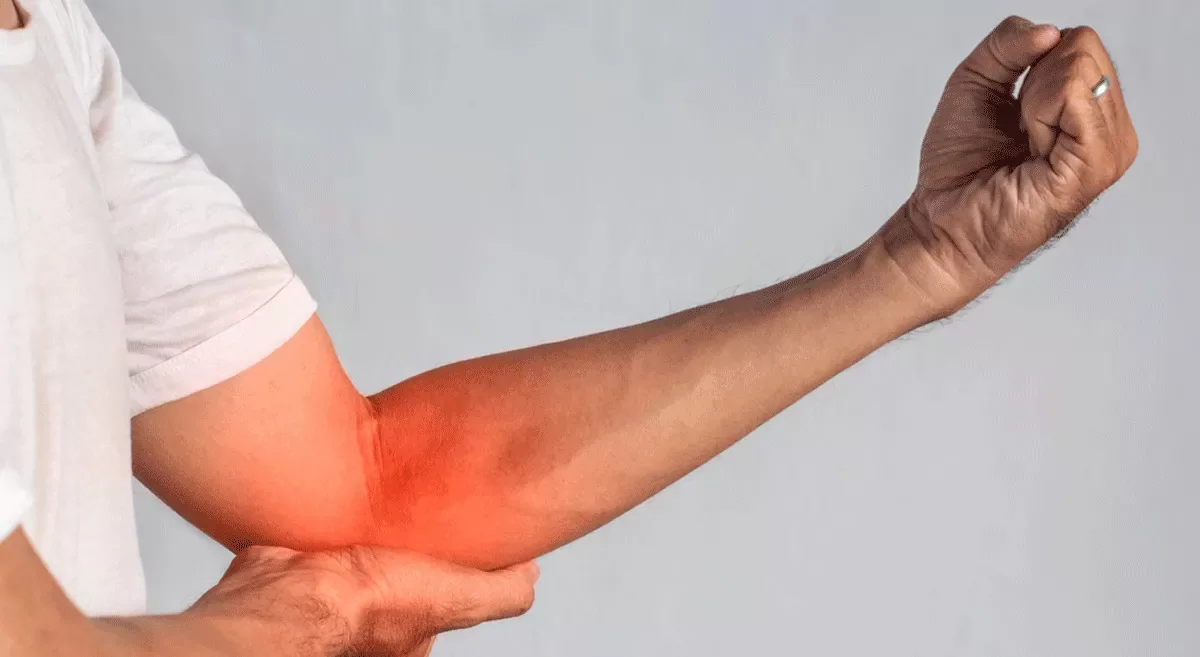Are you facing any challenges while moving your shoulder? While moving it, are you feeling any stiffness or pain in your shoulder? Here is one of the disorders that you might be facing.
What is a Frozen Shoulder?
Also known as Adhesive Capsulitis, a Frozen Shoulder is a condition with stiffness and pain in your shoulder joint. You start seeing signs and symptoms gradually, but it worsens over a while. It gradually resolves in one to three years, subject to precautions and treatment taken on time. If you are looking for specialized care, visiting an Orthopedic Hospital in Hebbal Bangalore can help you get proper evaluation and treatment.
If you are recovering from medical situations or procedures like Mastectomy or a Stroke, then the risk of developing a frozen shoulder increases. Since, during such procedures, you are not allowed to move your shoulder for a longer time.
The treatment of a Frozen shoulder may include some exercises, and at times, some steroids. Many times, a doctor may recommend you to have surgery done. However, reading this blog till the end will give you enough information regarding the risk factors, signs and symptoms, and what you need to do if you wish to treat the medical condition.
Who is prone to a Frozen Shoulder?
Over the years, we have seen that Frozen Shoulder is a condition that is common in the general population. But, going into specifics, it is a commonly occurring condition for people in their 50s and 60s. It is very rarely seen in youngsters below the age of 40. Also, females are more prone to a frozen shoulder as compared to men.
But why is it so often in older people? And why are females more affected by the condition?
Let us understand the risk factors and causes that will clear these queries.
What are the significant risk factors of developing a Frozen Shoulder? And what are the causes of a Frozen Shoulder?
- Risk Factors - Certain factors may increase your risk of developing a frozen shoulder. Some of them are,
- Age (40 and above) and sex (mostly females) are significant factors in getting a frozen shoulder.
- People who are facing immobility of the shoulder are at a higher risk of suffering a frozen shoulder. This immobility can be because of conditions like Rotator Cuff Injury, Stroke, Broken Arm, etc.
- Patients suffering from diseases like Diabetes mellitus, diseases affecting thyroid glands (underactive thyroid or overactive thyroid), Parkinson’s disease, etc., are at a greater risk of enduring a frozen shoulder.
- Causes of a Frozen Shoulder - A capsule of connective tissues encases the bones, ligaments, and tendons of your shoulder joint. A frozen shoulder situation occurs when this connective tissue thickens and restricts your shoulder from any type of movement. Doctors aren’t sure why it happens in people who are not attached to the risk factors mentioned above. However, the treatments we have discussed here have the potential to cure your medical condition at any given age.
What are the Symptoms of a Frozen Shoulder?
Frozen Shoulder typically develops slowly, in a phased manner. Practically, there are 3 phases, and each of these phases can last for months.
Phase 1 - We normally call it a freezing stage. Any type of shoulder movement will cause you pain in this phase. Additionally, you will start feeling a limited range of shoulder motion in this phase of the frozen shoulder. This phase usually lasts for 2 to 9 months.
Phase 2 - Phase 2 is normally termed as a frozen stage in medical terms. Generally, the pain reduces in this stage, but your shoulder's mobility also reduces to a great extent. It becomes stiffer than the previous phase. This phase generally lasts for 4 to 12 months.
Phase 3 - Our medical practitioners call it a thawing stage. At this stage, you will start observing a slow-motion of your shoulder. Hence, you shall feel the happiness of recovery. This phase typically lasts for 5 to 24 months. However, it is crucial to learn how a patient is diagnosed with this medical condition.
How is a patient diagnosed with having a Frozen Shoulder?
You might be asked to undergo a physical examination, where your doctor will ask you to move in specific ways to check the relative motion of your shoulder & pain. Doctors do this to evaluate the active range of motion.
Additionally, they may ask you to relax your muscles and move your arm to test the passive range of motion. A frozen shoulder affects the active and passive range of motion.
However, the signs and symptoms are enough for your doctor to diagnose a frozen shoulder. But, to rule out other problems associated with it, they may ask you to go through clinical examinations like X-RAY or MRI. Consulting Orthopedic Surgeons in Hebbal, Bangalore can ensure accurate diagnosis and timely treatment.
How to treat a frozen shoulder?
Most of the time, a frozen shoulder gets better on its own. However, in some cases, a patient does not get the same range of motion as before. To ensure the same degree of movement, patients can undergo the following treatment prescribed by the best Orthopedic doctors in India.
- Medications - Depending on the pain, your doctor may prescribe you pain-killer and anti-inflammatory medicines like Aspirin or Ibuprofen. However, if the pain is more, they might prescribe you heavy medications.
- Physical Therapy - Hiring a physical therapist will benefit you in several ways. One of the significant benefits is that they teach you exercises that can relatively reduce the pain and increase the movement of your shoulder.
- Surgery (only if needed) - Most frozen shoulders recover independently or using the treatments mentioned above. However, in severe cases, medical practitioners may ask you to undergo surgeries. But this treatment is only suggested for extreme cases.
We recommend you undergo some home remedies like applying heat or cold to your shoulder to relieve your pain. Additionally, you can learn some exercises that improve the relative motion of your frozen shoulder.
However, if these home remedies are not beneficial, consulting an Orthopedic Surgeon near you will be recommended. We wish you a healthy recovery in case you have a frozen shoulder.











